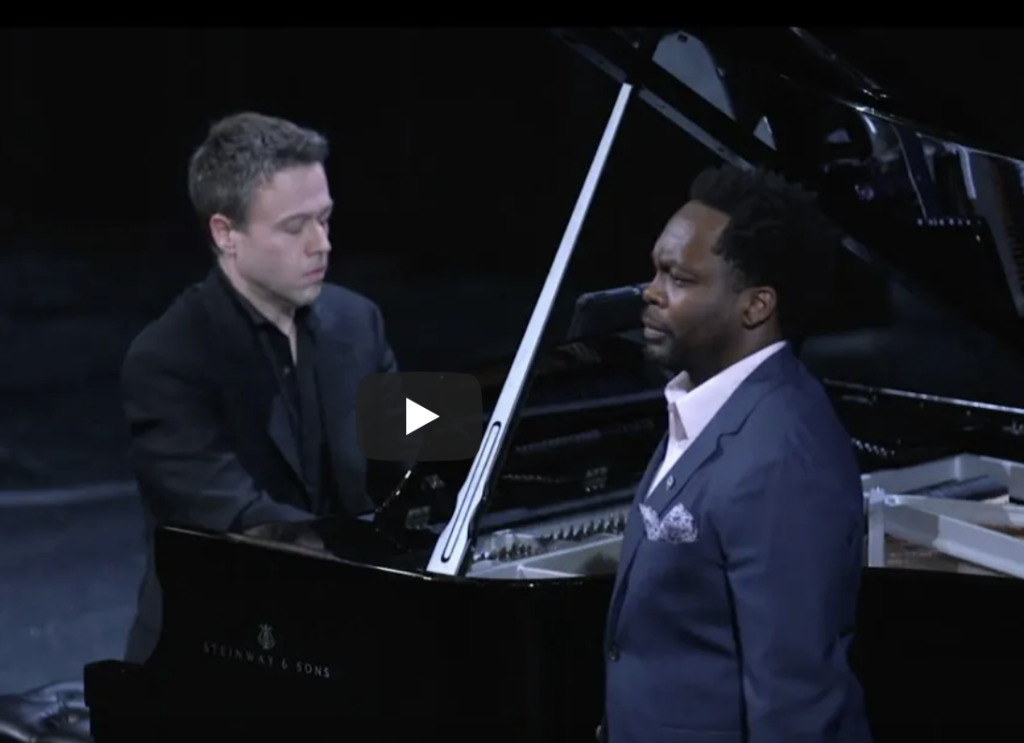Listen
Track:
About
Dudley Felker Randall was born on January 14, 1914, in Washington, D.C. From his earliest childhood years, Randall was encouraged to read widely and to express his ideas on paper. Both of his parents were intellectuals. His mother, Ada (Bradley) Randall, was a teacher; his father, Arthur Randall, a Congregational minister.
Randall was only four years old when he wrote his first poem—a lyric for the tune “Maryland, My Maryland,” which was played at a band concert in the suburb of Baltimore where his family was staying at the time. The family moved to Detroit when Randall was nine. As Randall grew older, his father took him to lectures by such distinguished African-American visitors as author W. E. B. Du Bois. By the time Randall was a teenager, he not only had a deep appreciation of poetry but had developed his own style, which instinctively reflected that of the black writers he most admired.
During the war, Randall joined the U.S. Army Signal Corps and served in the Pacific. After his release from the U.S. Army in 1946, Randall finally was able to raise the money for a college education. Then in 1949 he reached another milestone when he graduated with a bachelor’s degree from Wayne State University. While studying for his master’s degree for the next two years, Randall worked as a clerk and letter carrier for the U.S. Post Office. Then in 1951, he graduated with a master’s degree in library science from the University of Michigan.
In 1954 he moved to the library at Morgan State College in Baltimore, Maryland, where he worked for two years before accepting a position with the Wayne County Library System in Michigan. Randall remained with the Wayne County Library System from 1956 until 1969, where he rose up the ranks from assistant branch librarian to head of the reference-interloan department.
It was during these years that Randall founded his publishing company, Broadside Press. The press was so named because it developed from two broadsides Randall printed in 1963. He had composed a poem called “The Ballad of Birmingham,” about four children who were killed in a bombed church. During the decade that followed, Broadside Press published nearly sixty volumes of poetry by African-American writers. Others, like Pulitzer Prize-winning Gwendolyn Brooks, chose to have their works published by Broadside rather than by major publishing houses such as Harper & Row, because they admired what Randall was doing for black literature and wanted to support his efforts.
–Joshua Thomas
This profile was created in 2022 as part of The Savvy Singer, an EXCEL Lab course at the University of Michigan, School of Music, Theatre, and Dance and a collaboration with the Hampsong Foundation via the Classic Song Research Initiative.
Bibliography: Randall, Dudley. In UXL Biographies. Detroit, MI: UXL, 2011. Gale In Context: College (accessed December 9, 2022). https://link.gale.com/apps/doc/EJ2108101895/CSIC?u=umuser&sid=bookmark-CSIC&xid=8f794a61.
Related Information
Songs
Videos
Books

The Black Poets
"The claim of The Black Poets to being... an anthology is that it presents the full range of Black-American poetry, from the slave songs to the present day. It is important that folk poetry be included because it is the root and inspiration of later, literary poetry. Not only does this book present the full range of Black poetry, but it presents most poets in depths, and in some cases presents aspects of a poet neglected or overlooked before.

Roses and Revolutions: The Selected Writings of Dudley Randall
Roses and Revolutions: The Selected Writings of Dudley Randall brings together his Randall's popular poems with his lesser-known short stories, first published in The Negro Digest during the 1960s, and several of his essays, which profoundly influenced the direction and attitude of the Black Arts movement.

